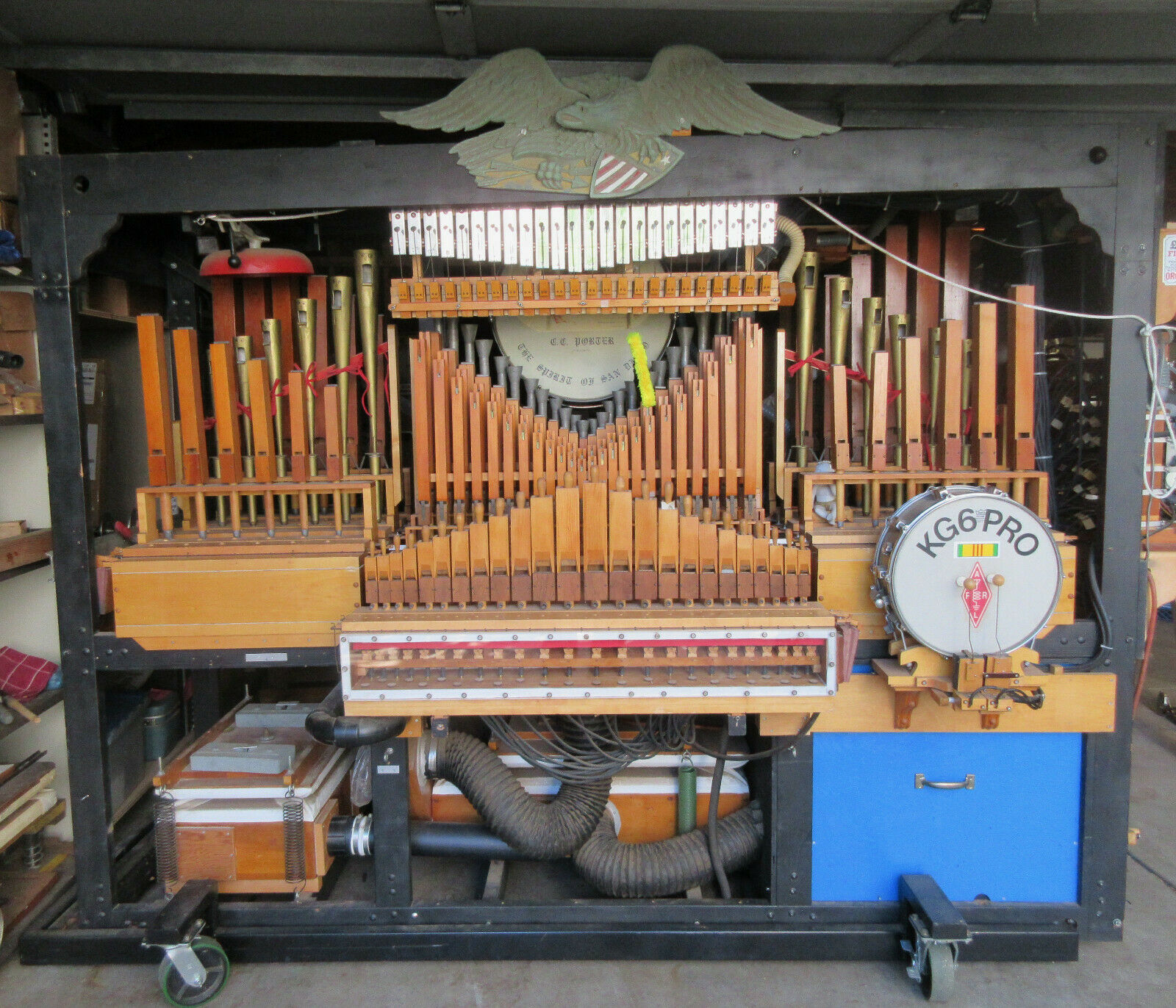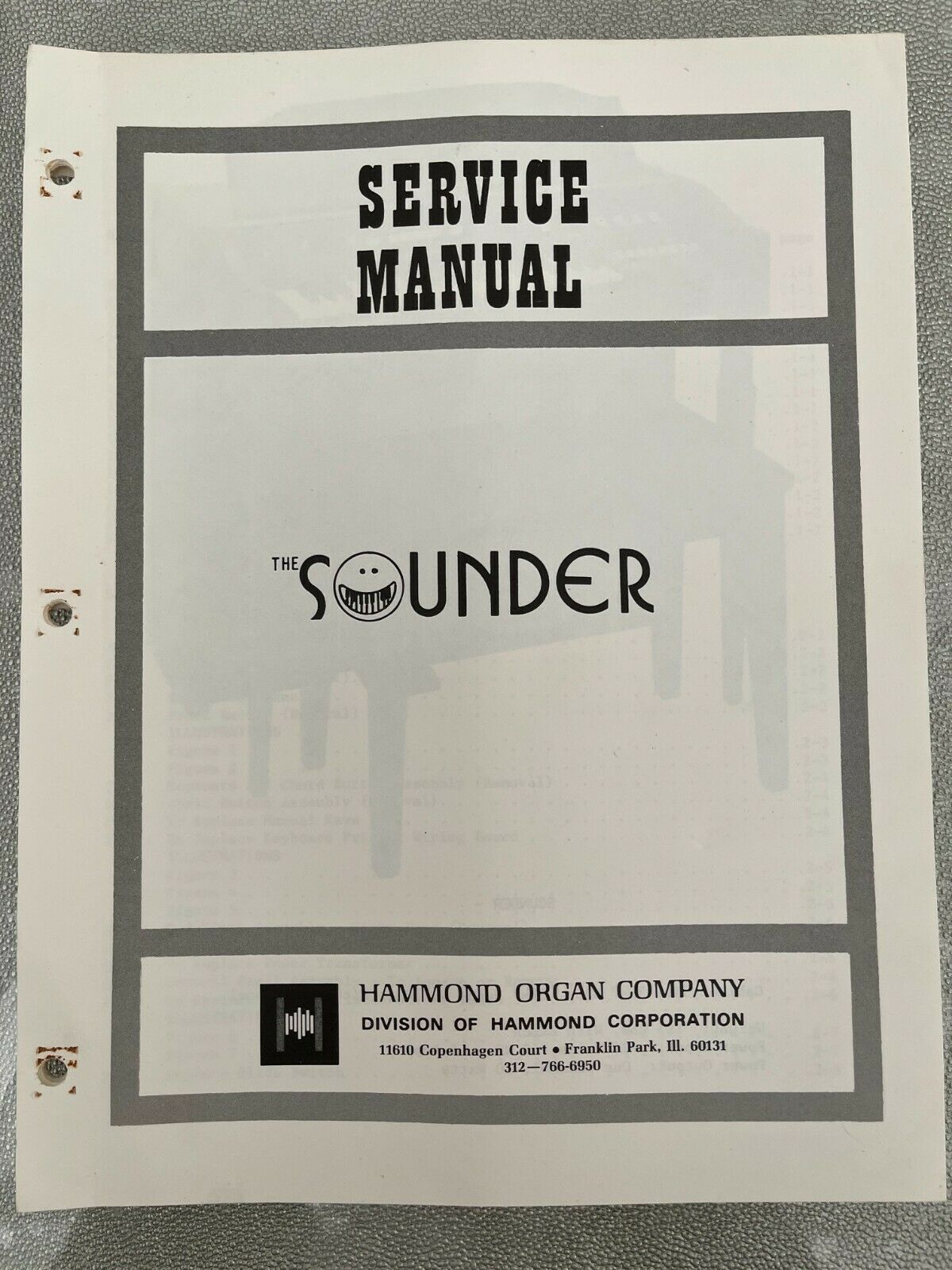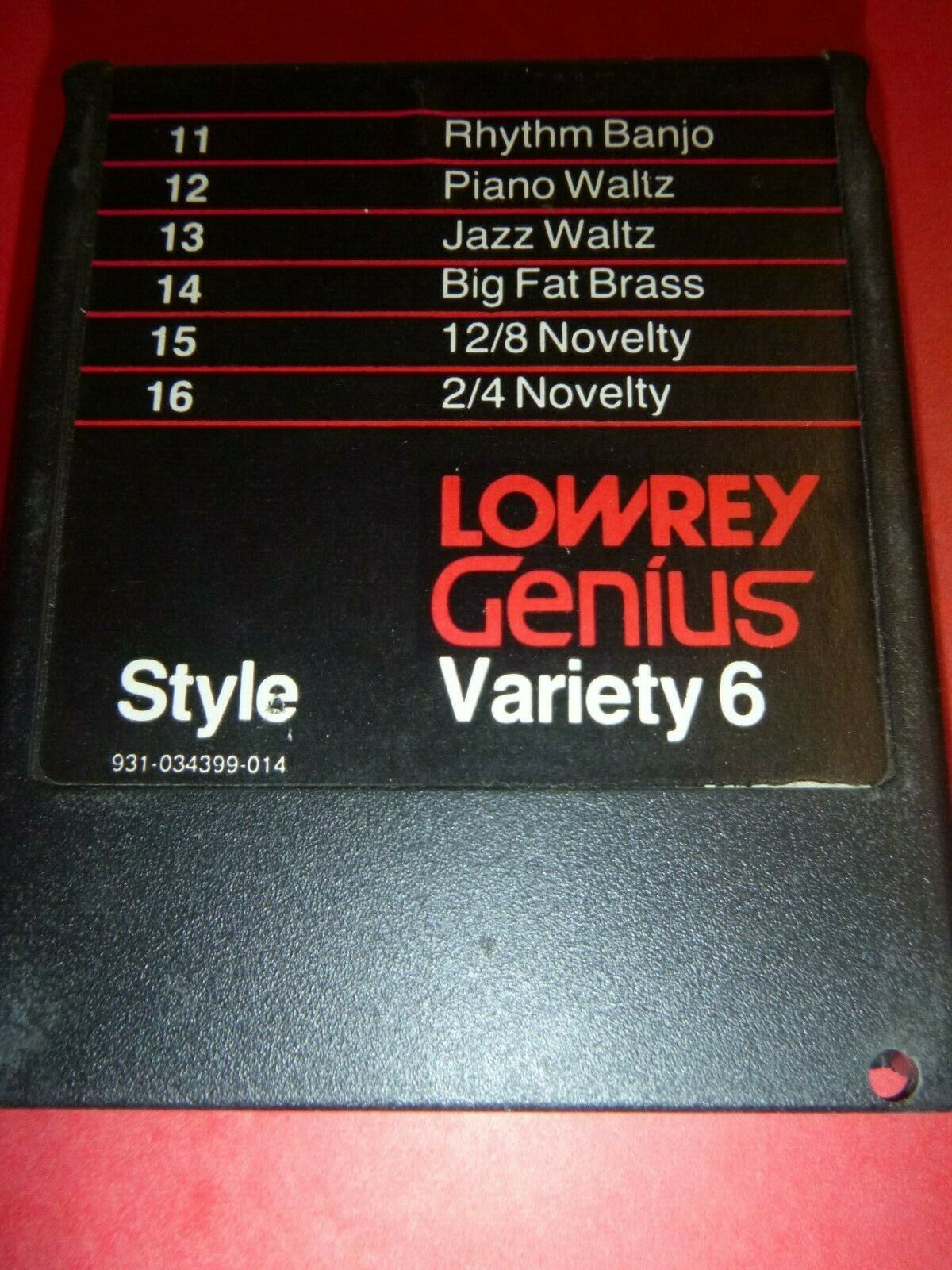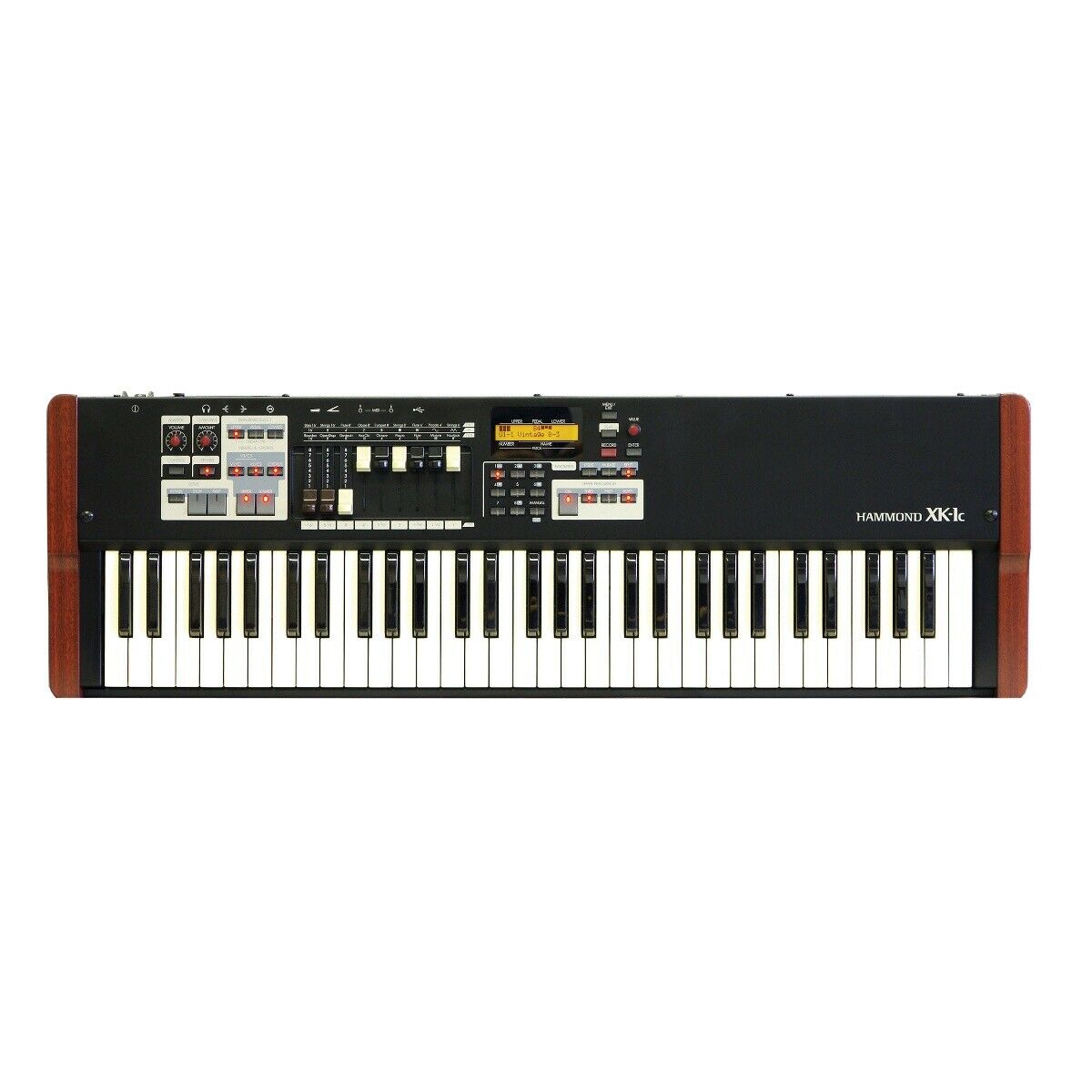-40%
Spirit of San Diego Charlie Porter Band Organ Theatre Pipe Automatic Mechanical
$ 3432
- Description
- Size Guide
Description
LOCAL PICKUP ONLY (or see below)For Sale: Concert Band Organ
“ S P I R I T O F S A N
D I E G O ”
Built by Charlie C. Porter, 1985 – 1989, in San Diego, California
This organ was conceived as a “band organ,” but with expanded, additional musical and concert dynamics. These are achieved in part through arrangements relying upon his own musical talents. Porter’s personal arrangements were cut by hand for this organ using the G scale Nickelodeon model. The pipework in the organ came from theatre organs of the 1920s.
The “Spirit of San Diego” became well known as a result of years of enjoyment, when Charlie and his wife, Jackie, took the “Spirit” to many organ rallies and furnished music for various local events.
In time, they also appeared at events held in North Tonawanda, New York and other Midwestern locales. A photo album and ribbons documenting these activities will accompany the organ. These included functions of the Musical Box Society International (MBSI), AMICA (American Musical Instrument Collectors Association), and other popular special-interest organizations.
The organ scale is chromatic throughout:
F – E (49 notes)
The registration of individual ranks was accomplished by multiplexing. Four levels of combinations featured solo voices (clarinet, violins, trumpet, and jazz flute–a sound achieved by a tibia with tremulant). This multiplexing furnished multiple levels of volume as well as orchestral effects featuring individual instruments as solo voices.
Following is the revised G scale used in the hand-cut arrangements by Charlie Porter:
1– multiplex level 2
2– multiplex level 3
3–14 BASS F-E (12 notes)
15 – 26 ACC/CNTR MEL F-E (12 notes)
27 – 39 Registers/play/cancel (13 holes)
40 – 63 MELODY F-E (24 notes)
64– multiplex level 4
65– triangle
The organ is furnished with slider chests for additional ranks to be added. A trombone was planned for the bass, but was never installed.
The organ is to be sold “as is.” It was purchased by George Cooper in the fall of 2019. George traveled to San Diego and personally oversaw the loading of the “Spirit” organ onto an 18-wheeler for transport to Ohio. Whether the bass pipes and their chests were present at that time is not known. In any event, they will not accompany the sale. Also, the register mechanism and multiplexing unit were at some point broken from their place above the roll frame and remain missing too.
The organ is playable, but does not register individual ranks or multiplex level. Neither does it have the 12-note bass.
The “Spirit” is mounted on a tubular steel frame and includes power supply, enclosed blower, and suction unit. Six hand-cut rolls—arranged and cut by Porter himself–plus the test and tuning rolls, are included with the organ. Also included are Porter’s arranging table (see Music Video #3, below) and additional tubing.
A conversion to a midi interface for a digital system would furnish a ready repertoire of popular music for this organ. Adding pipework and bass would offer the owner the crowning touch for this outstanding and unique concert organ, unlike anything else in your stable of band organ instruments!
…
In the late 1990s, Porter posted a number of clips of his concert band organ as it sounded then. Fortunately, these are still available to us.
Music Video #1 features Porter’s arrangement of the Dave Brubeck number “Take Five” and notes that he built the instrument between 1985 and 1989:
https://www.youtube.com/watch?v=KaSh0dvhMB8
Music Video #2 features “Flight of the Bumblebee,” “Jambalaya,” and “Nights of Gladness”:
https://www.youtube.com/watch?v=2f6g5QGiuTQ
Music Video #3 is especially interesting, as Porter demonstrates here how he marked and cut the music rolls to take advantage of the sounds his instrument then employed. Part of this video includes the instrument’s debut on PBS, during a program called
California’s Gold:
https://www.youtube.com/watch?v=QNa2Ds76PAo
Music Video #4 features “Flic Flac,” “Beautiful Ohio,” “Parade of the Wooden Soldiers,” and “The Teddy Bears Picnic”:
https://www.youtube.com/watch?v=SjG5TgDvgR0
Music Video #5 features “Dance of the Blue Danube,” “The Drinking Song” (from
La Traviata
), “Rock Around the Clock,” “The Can Can,” and “That’s Amore”:
https://www.youtube.com/watch?v=WyGqOo4Ml60
Music Video #6 features “Rock Around the Clock” (revisited—and a different view of the instrument showing the now-missing bass pipes), “Ecstasy Tango,” “William Tell Overture” (third movement), “Dance of the Hours,” and “Radetsky March”:
https://www.youtube.com/watch?v=RuPksEqyOYk
. (Porter comments on Youtube that at the time of this video he was still choosing to hand cut his arrangements.)
Music Video #7 features the Trumpet Choir tuning up. The imagery includes closeup views of the tracker bar scale. Other songs include “The Burning of Rome” (E.T. Paull), “The Trolley Song,” and “Rosalie”:
https://www.youtube.com/watch?v=mLxh38YxQec
Music Video #8 features “Canadian Capers,” “Take Five” (revisited), “The Whistler and His Dog,” and “Sweet Georgia Brown”:
https://www.youtube.com/watch?v=2B_g1mo41-w
Music Video #9 features “Dainty Miss,” “Abba Dabba Honeymoon,” “Music! Music! Music” (aka “Put Another Nickel In”), and “Muskrat Ramble”:
https://www.youtube.com/watch?v=dAwl2U7WcSU
Charlie Porter had mounted his “Spirit of San Diego” into the trailer of his truck. There is a photograph of his truck-mounted organ in the following account of a 1999 rally in Temecula, California:
https://www.mmdigest.com/Pictures/tmec9905.htm
. The writer (Robbie Rhodes of Mechanical Music Digest) compares the sound to that of a Wurlitzer theatre organ.
The purchaser will be fully responsible for transporting the “Spirit” to its next home. The organ is mounted on a tubular steel dolly, to facilitate moving it, and which will accompany the instrument in this sale.
Some photos of the “Spirit” illustrate an ornamental eagle at the top. Others do not show it in position there. The eagle is currently mounted in its original place.
The purchaser must remove the instrument sometime during the summer or early fall of 2021, as arranged with the seller. Click on the name artpotteryshop in this listing for more details about the seller.




















